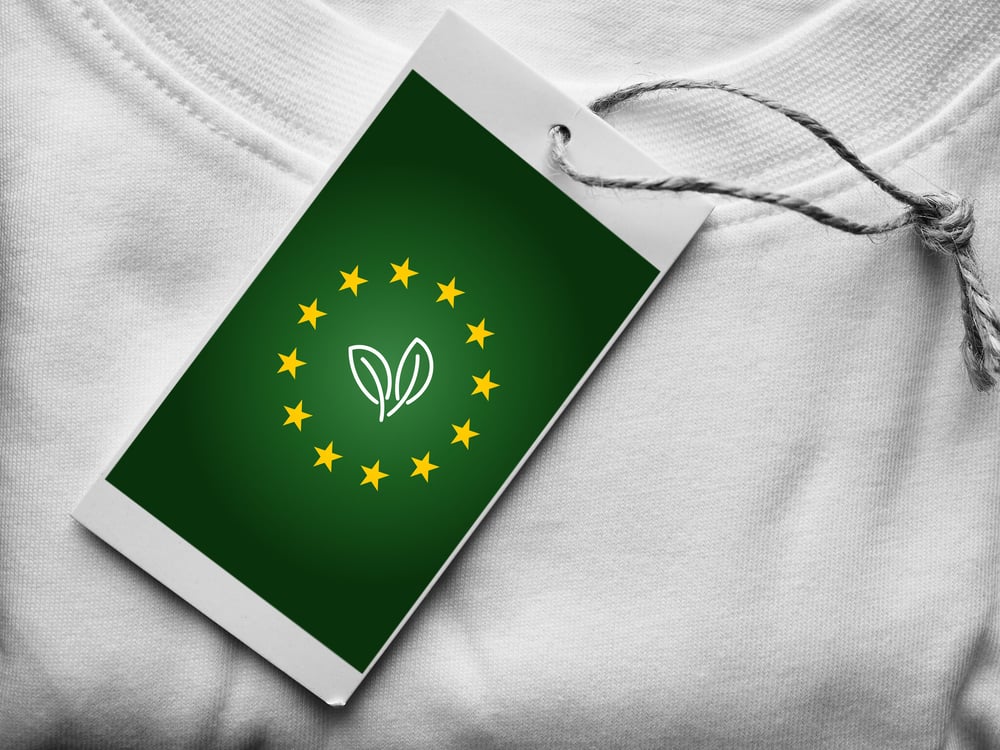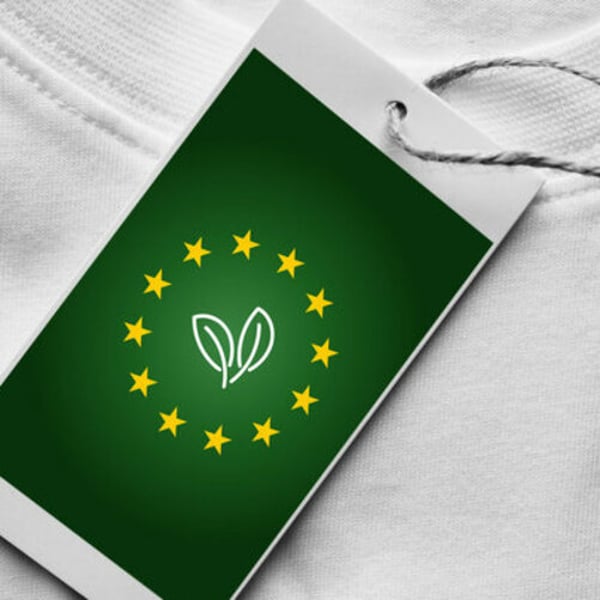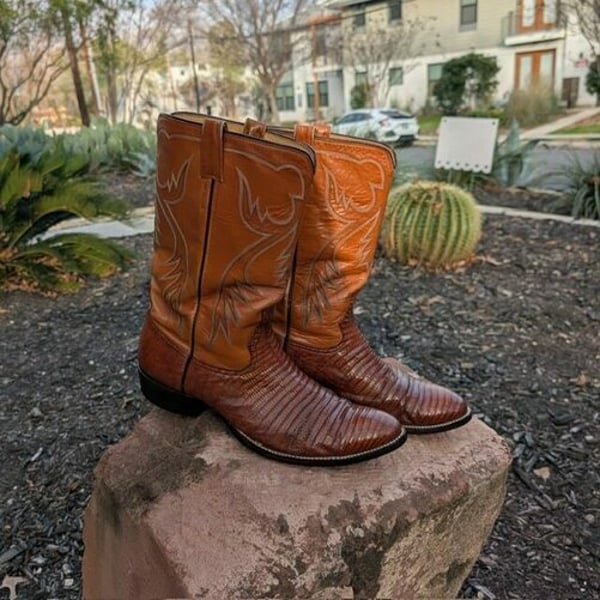Translated by
Nazia BIBI KEENOO
Published
May 16, 2025
The European Commission has approved a new scoring system that helps fashion companies measure the environmental impact of their clothing and footwear. Called the Product Environmental Footprint (PEF), the method gives brands a way to track and improve how their products affect the planet. While the tool is now available for industry use, the EU still prohibits companies from using it in advertising or showing it to consumers.

The technical secretariat had addressed expert committees and representatives from EU member states on March 23, responding to questions and potential adjustment recommendations. These discussions could have delayed the approval process.
“No further modifications are required,” said Baptiste Carrière-Pradal, director of the technical secretariat. “This PEFCR (Product Environmental Footprint Category Rules) will offer a common, science-based reference point to improve product impact in the apparel and footwear sectors, support compliance with EU legislation, and foster collaboration.”
Now officially validated by the European Commission, the reference documents published on the official PEF website (available here) form the definitive framework of the initiative, which now enters a phase focused on refining its methods and operations.
Public display officially ruled out
Even the pre-validated version of the document had already confirmed that the European PEF score may not be used for consumer-facing communication. The European Commission included a disclaimer at the beginning of the 243-page technical report (excluding annexes), clearly outlining this restriction.
“The PEFCR regulation for apparel and footwear does not authorize the use of the aggregated score in communications between businesses and consumers, nor for comparison with representative products.”
This marks a notable shift from the original vision. While the PEF methodology is intended for EU-wide application, France’s parallel eco-score initiative appears to have prompted Brussels to limit PEF use to the B2B space, as reported by FashionNetwork.com in February (see our dedicated article).
France awaits its own approval
France is now waiting for its own eco-score to be approved by the European Commission. The country officially notified Brussels of its textile eco-score initiative on February 13.
This notification triggered a three-month “standstill” period, ending at midnight on May 14, during which stakeholders were allowed to submit feedback. According to FashionNetwork.com sources, several industry groups submitted comments via TRIS (the EU’s Technical Regulation Information System).
If the Commission had issued a “detailed opinion” questioning the legality or compatibility of the initiative with EU law, the standstill could have been extended by four to six months—or even up to 12 to 18 months in extreme cases. However, industry insiders considered such a scenario unlikely.
Speaking at the Fashion Act trade show held in Paris on May 14–15, Pascal Dagras—responsible for environmental labeling at France’s Ministry of Ecological Transition—said that Brussels’ expected validation of the French score would open the door for voluntary environmental labeling by brands as early as the second half of the year. He also hoped it would create momentum across the industry.
Brands had long delayed firm commitments, uncertain how to navigate the parallel French and European systems. Now that the European score is officially restricted from consumer use, Dagras underscored the complementary roles of both frameworks, which are ultimately expected to align.
Copyright © 2025 FashionNetwork.com All rights reserved.








